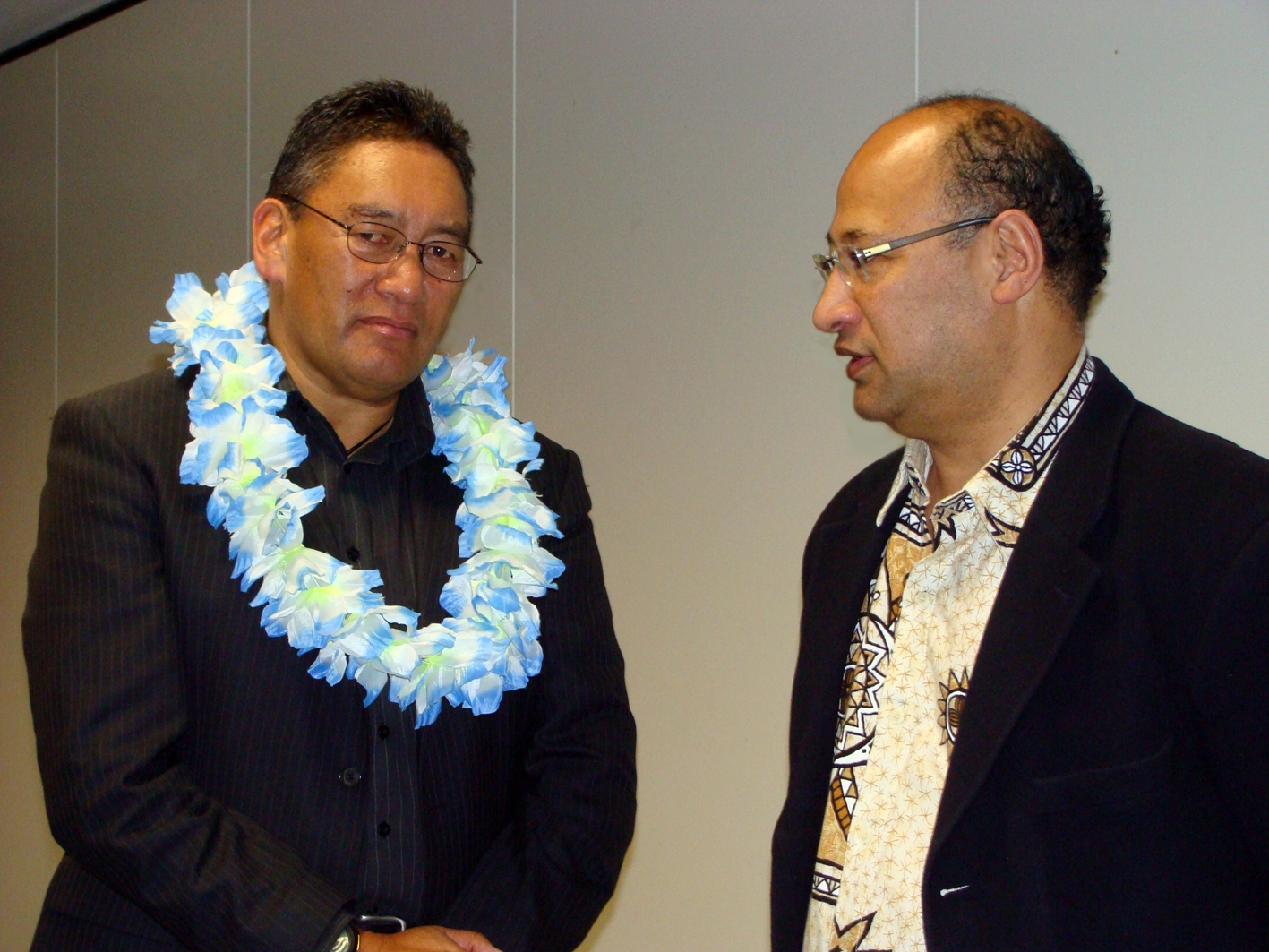
OPINION: Every election, there's talk in the Pacific community about how great it would be to have our very own party to represent "our" interests in Parliament.
I can never work up any enthusiasm for the idea.
Though I'm all for having strong Pacific voices in Parliament, a political party predicated on the assumption that people of the same ethnicity think alike seems doomed to failure.
I have enough trouble agreeing with my own family, let alone a group of people with whom I may have nothing but ethnicity in common.
Similarly, I've never thought it fair or realistic to expect one or two Pacific MPs to somehow represent all Pacific interests, assuming we could agree on what those were.
So I'm not surprised by the current ructions in the Māori Party.
The partnership between the Māori Party and National was supposed to herald a new, mana-enhancing era for Māori political representation.
But no one expected that it would be easy. Everyone knew the minor partner would have to swallow a few dead rats. The only questions were: how many and how big, whether all that compromising and polite disagreement would pay off, and how long it would take the Māori Party's most outspoken MP to become restless.
Longer than most expected, I suspect.
Public discomfort
Hone Harawira's very public discomfort may be an irritant too many for his parliamentary colleagues, but it is entirely predictable.
It reflects not only the realities of a minor coalition partner in government, and the personalities of the players, but also the impossibility of being all things to all Māori.
As Pita Sharples says, Māori are many things (including conservative and well-heeled). Thus the Māori Party necessarily serves a very broad church, some of whom feel right at home in the coalition and some of whom would rather stick hot needles in their eyes.
When Harawira says the party needs to be clear about who its constituency is, he means it needs to side more strongly with poor, working class Māori who are bearing the brunt of the coalition's policies.
Harawira says the party has been too muted in its opposition to "the anti-worker, anti-beneficiary and anti-environment (and therefore anti-Māori) legislation that comes as a natural consequence of having a right-wing government".
But while urging his party to be bolder in defence of its struggling constituents may be consistent with the promise in its constitution to "promote a fair and just society" and "work for the elimination of poverty and injustice", it has understandably riled his colleagues, who have been at pains to point out that they care just as much about the plight of poor Māori.
At Waitangi last week, Sharples defended his party's efforts; it had lobbied for a minimum wage of $15, and for GST to be taken off healthy food. It had also fought losing battles over the Auckland seats, Tuhoe, the rise in GST, and the three strikes law, to name a few.
"Each time Tariana and I went to Cabinet, and fought hard against these policies. And each time we were unsuccessful."
Much achieved
Yet he insisted the party had achieved much "in our first term of government".
Among the gains, the review of the Foreshore and Seabed Act; recognition of the Māori flag; qualified approval of the UN Declaration on the Rights of Indigenous Peoples; the tobacco inquiry and the two tobacco bills; and Whanau Ora.
But are they enough? Supporters are divided.
Even the issue which unified Māoridom and gave birth to the Māori Party - Labour's hated 2004 Foreshore and Seabed Act - is now splitting voters.
A recent Digipoll survey by Te Karere found that while a majority of Māori voters are against the new Marine and Coastal Area Bill that repeals the 2004 law, they were more evenly split on whether the Māori Party should vote for it: 30 per cent say yes, 32 per cent no.
Sharples has conceded that the bill isn't "all that we hoped for", but the party supports it "because it is simply better than the current law - it abolishes Crown title and it restores the right of Māori to take their claims to court. This was our promise to the people".
Despite the grumbles, the bill is a significant achievement. But it may not count against more pressing concerns at the flaxroots level - concerns which aren't confined to Māori, though they affect Māori disproportionately.
As Tai Tokerau voters told the Weekend Herald last week, they're more worried about high unemployment and the rising cost of living fuelled by the GST rise, both of which have gone up under the coalition's watch.
"I think the foreshore is irrelevant," said Natasha Kake-Harrison, of Hihi. "Everything is going up. Rent, power, gas. I feel it when I go shopping, you spend all your money on food."
This article was first published in the New Zealand Herald.



